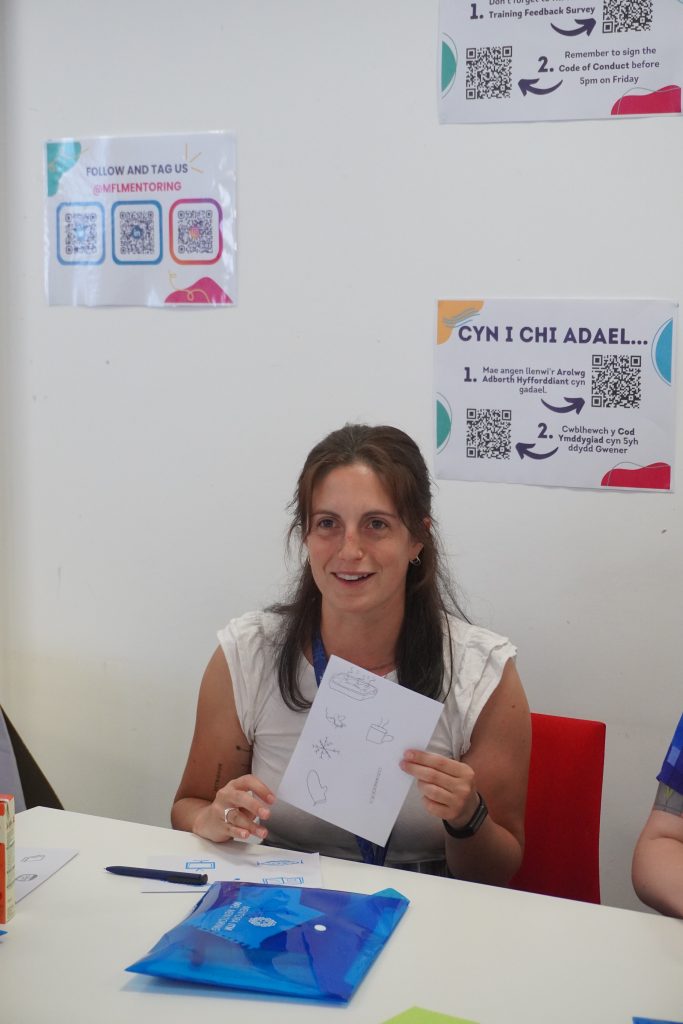As an extrovert, I thrive on meeting new people and learning about their diverse backgrounds, especially when it involves different cultures and languages. My passion for languages has been a long-standing one, and I am truly fascinated by their power to bring warmth to any conversation. I am the person who always tries to greet people in their native language, and I make a point of learning a few phrases in the local language whenever I travel.

This was evident on a recent trip to Greece with my English partner. Asking for the bill often took ten minutes because I insisted on asking in Greek, rehearsing the sentence in my head and mustering the courage to speak. The reward for my clumsy efforts was always a smile and a kind look from the person I was speaking to. In those moments, I felt like a child again, allowed to make mistakes and earning a “gold star” in the form of a warm gaze from my interlocutor.
I define myself as a perennial learner, which may be why I have always enjoyed interacting with children of different ages. I let my inner child run free, free from judgment. This is why I decided to join MFL Mentoring. I saw it as a way to merge my two passions and inspire students to learn international languages.
From the start, it was clear that everyone involved with MFL Mentoring not only loves languages (and coffee, and pets 😊) but also deeply cares about young learners. They want to show students that studying international languages can be fulfilling. As mentors, we learn not only how to interact effectively with students in a school setting but also acquire skills that are useful for life.
These skills extend beyond working with groups of students in a school, which is invaluable for anyone considering a career in teaching. Personally, I have found that my active listening, moderating, and organizational skills have improved significantly since joining the program. Being an effective mentor requires being considerate and attentive to students’ needs and group dynamics, being friendly, and maintaining the right boundaries. These qualities are essential for establishing fruitful relationships with mentees.
As a PhD student, I use these skills frequently when engaging with colleagues or presenting my work to diverse audiences. I have even become more empathetic with my partner and friends, understanding our different frames of reference better.
In conclusion, MFL Mentoring has been a transformative experience for me. It has not only enhanced my language skills but also honed my interpersonal abilities, making me a better student, mentor, and person. I eagerly anticipate continuing this journey and inspiring more students to discover the joy of learning languages.
By Sara Bariselli

